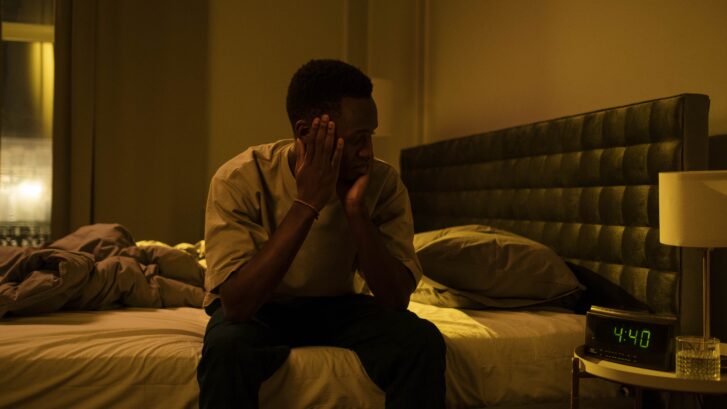New Approaches Help Combat Insomnia
Insomnia is the most common sleep disorder. But our primary care doctors at MD 2.0 in Jupiter find our patients often don’t let us know when they’re having trouble sleeping. They either decide it’s not a big deal or they think the only remedy we can offer is sleeping pills.
While you might need to use medication in the short term, advances are made every day in the treatment of this potentially harmful condition.
Why you need sleep
Chronic insomnia is not just a simple case of missing a few nights’ sleep. The CDC estimates up to a third of Americans do not get the recommended seven hours of sleep a night.
According to the CDC, potential health issues associated with lack of sleep include:
- obesity
- type 2 diabetes
- cancer
- cardiovascular disease
- dementia
- depression
- a shorter lifespan
Japanese researchers found that losing six hours of sleep over a single night resulted in significantly elevated blood glucose and triglyceride levels, warning signs for increased risk of heart disease and diabetes.
And yet, many people still don’t realize how important sleep is to their overall physical and mental heath. Insomnia may be annoying, or frustrating, but still they resist getting help for their sleep issues.
The good news? In recent decades, researchers made great strides in developing new ways to help combat this common disorder.
Some newer approaches
The gold standard in treating chronic insomnia is cognitive behavior therapy for insomnia (CBT-I). In its practice guidelines the American Academy of Sleep Medicine recommends doctors start with CBT-I, reserving medication as a last resort.
“All patients with chronic insomnia disorder should receive CBT-I as a primary intervention,” the guidelines say. “Medications for chronic insomnia disorder should be considered mainly in patients who are unable to participate in CBT-I, and who still have symptoms despite participation in such treatments, or, in select cases, as a temporary adjunct to CBT-I.”
This treatment is a structured program that helps you identify and replace thoughts and behaviors that cause or worsen chronic insomnia. In this way, it helps treat the root causes of insomnia instead of just the symptoms, which is what medication does.
CBT-I may include:
- retraining in various sleep habits,
- tips on improving your sleep preparation and environment,
- relaxation training, biofeedback,
- and other types of non-drug therapies.
Another possible remedy
A new study from the University of Colorado at Boulder suggests simple changes in diet can help with certain types of insomnia. This includes those caused by jet lag, shift work, or other disruptions to a person’s regular sleep schedule.
The journal Brain, Behavior and Immunity published the study funded by the U.S. Navy last September. It found foods abundant in certain carbohydrates known as prebiotics can help re-regulate the circadian rhythm necessary for healthy sleep.
“This work suggest that by promoting and stabilizing the good bacteria in the gut and the metabolites they release, we may be able to make our bodies more resilient to circadian disruption,” senior author Monika Fleshner, a professor of integrative physiology, explained in a statement.
Prebiotics are not the same as probiotics. Both, however, improve the level of bacteria in the gut to promote health. The difference is people eat probiotics such as yogurt to introduce a type of beneficial bacteria to their digestive systems. Prebiotics serve to nourish and support friendly bacteria already present.
Prebiotics are found in such fibrous foods as apples, flaxseed, peas, beans, leeks, onions, and artichokes. They encourage the growth of trillions of beneficial bacteria. These and similar fibrous foods can’t be digested. They pass into your lower digestive tract to feed the healthy flora already present.
Prebiotics and insomnia
Of course you know about melatonin to help regulate the sleep cycle. As with all medications and supplements, however, melatonin may cause undesirable side effects in some people, including dizziness, headache, and a “hangover” effect.
Other over-the-counter products that have been clinically proven to treat acute insomnia and to manage chronic insomnia include L-ornithine, chamomile, valerian, and hops. Those reluctant to take prescriptions drugs should realize that these, too, can cause side effects in some people. Take them with caution and over the short term.
While the hunt for a magic bullet to battle insomnia goes on, it’s important to let us know if you have trouble sleeping on a consistent basis. This could include having trouble falling asleep, waking in the middle of the night and not being able to get back to sleep, or waking too early in the morning.
The possible causes of insomnia are myriad, but we can help you pinpoint them and take appropriate action to relieve it.

